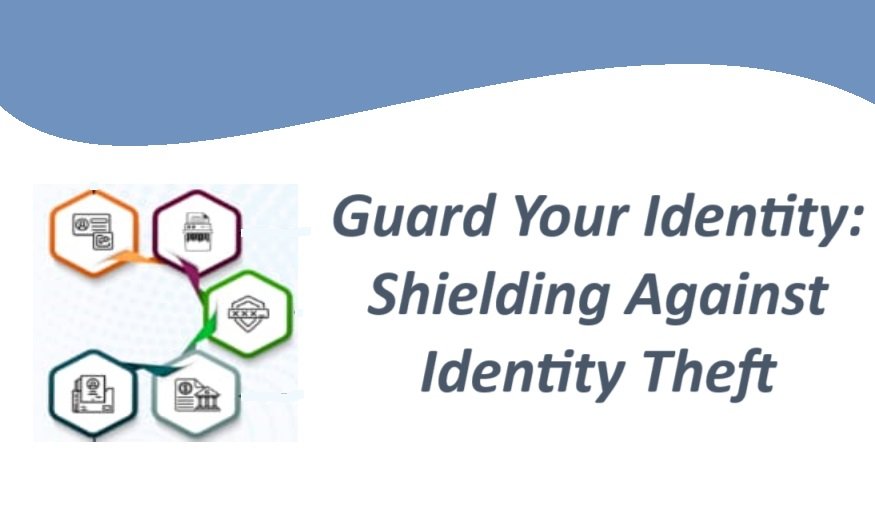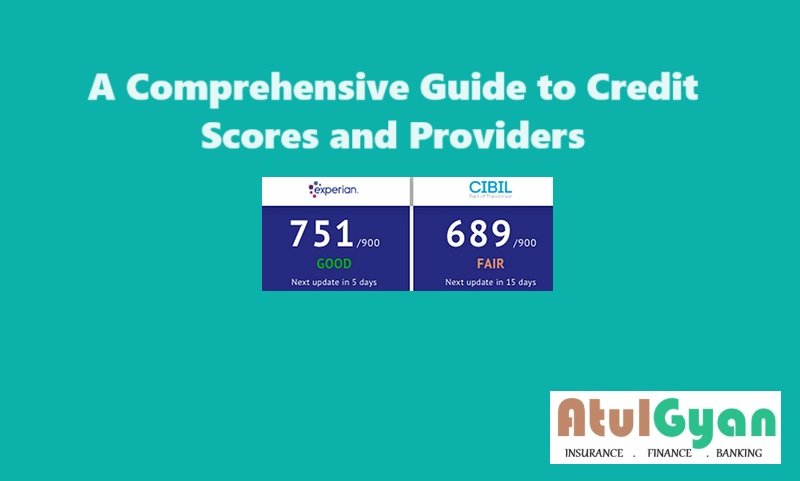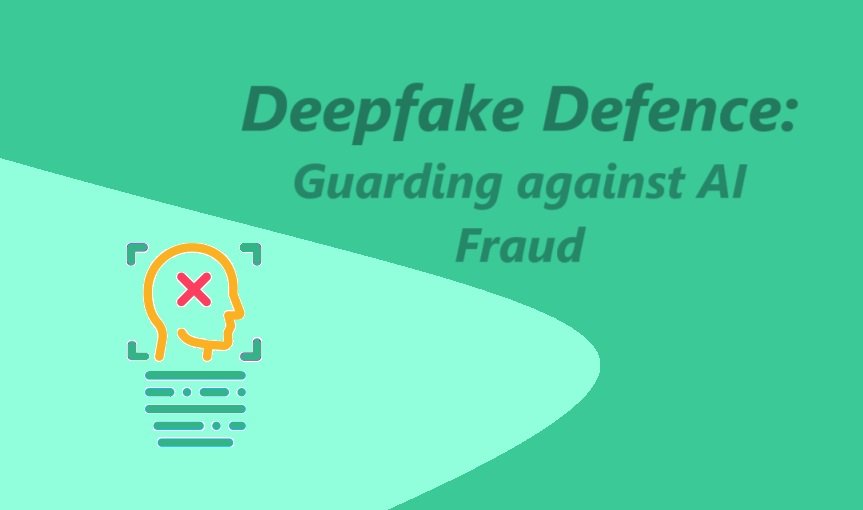Guard Your Identity: Shielding Against Identity Theft
Introduction
In today’s world, it’s super important to keep your personal info safe. Identity theft is when someone steals your personal details, like your name, Social Security number, or credit card info, and uses it to do bad stuff.
Identity theft is when someone steals your personal information to commit fraud or other crimes. It’s a big problem nowadays because of technology making it easier for thieves to get your info. They can use tricks like phishing emails, where they pretend to be from a real company to get your info, or skimming, where they steal your credit card info when you make purchases.
Once they have your info, they can do bad stuff like open credit cards in your name or take out loans, leaving you with a mess to clean up. It can really mess up your finances and even your reputation.
To protect yourself, be careful about giving out personal info online or over the phone. Watch your bank accounts and credit reports for anything fishy. Use strong, unique passwords for your accounts and turn on two-factor authentication when you can. And be careful when using public Wi-Fi, because it can be risky.
By being smart about your info and staying on top of things, you can lower your chances of becoming a victim of identity theft. Keep your guard up and stay safe!
What is Identity Theft?
Identity theft is a type of fraud that involves the unauthorized use of someone else’s personal information, such as their name, Social Security number, credit card information, or bank account details. The thief may use this information to commit various crimes, such as opening new credit accounts, making fraudulent purchases, or even filing false tax returns.
Identity theft can happen in several ways:
Phishing scams: Fraudsters send out emails or create fake websites to trick individuals into providing their personal information.
Data breaches: Hackers gain unauthorized access to databases containing personal information, such as credit card details or Social Security numbers.
Skimming: Criminals use devices to steal credit card information when you make a payment.
Mail theft: Thieves steal mail containing personal information, such as bank statements or credit card offers.
ATM skimming: Criminals attach devices to ATMs to capture card information and PIN numbers when unsuspecting individuals use the machine.
Pretexting: Scammers impersonate legitimate organizations or individuals to trick victims into revealing personal information.
Pharming: Hackers redirect website traffic to a fake site, where they collect personal information from unsuspecting users.
Regardless of how identity theft occurs, the impact can be significant. Victims may face financial loss, damage to their credit score, and the hassle of trying to restore their identity. In addition to the immediate financial consequences, identity theft can also have long-term effects on a person’s life. It can take months or even years to fully recover from the damage caused by identity theft. Victims may have to spend countless hours contacting financial institutions, credit bureaus, and law enforcement agencies to rectify the situation.
How to Defend Yourself against OTP Fraud? : Defend Yourself against OTP Fraud
Tips to Protect Your Identity:
Use Strong Passwords: Use strong, unique passwords for each online account. Incorporate a combination of letters, numbers, and special characters, and avoid easily guessable information like birth dates or pet names. Consider using a reputable password manager to securely store and manage your passwords.
Watch Out for Fake Messages: Be cautious of unsolicited emails, text messages, or phone calls requesting sensitive information. Legitimate organizations typically don’t request such details via these channels. Verify the authenticity of requests by contacting the organization directly through trusted means.
Monitor Financial Accounts: Regularly review bank and credit card statements for any unauthorized transactions. Set up account alerts to notify you of unusual activity, such as large withdrawals or purchases.
Secure Personal Information: Shred documents containing sensitive information before disposing of them. Store important documents, such as Social Security cards and passports, in a secure location.
Keep Software Updated: Ensure your operating system, antivirus software, and other applications are up to date with the latest security patches. Regular updates help protect against vulnerabilities that hackers exploit.
Use Two-Factor Authentication (2FA): Enable 2FA whenever possible, especially for online accounts that contain sensitive information. This adds an extra layer of security by requiring additional verification beyond a password.
Be Careful Offline Too: Be cautious when providing personal information over the phone or in person. Verify the identity of individuals or organizations requesting such details, especially if you didn’t initiate the interaction.
Check Credit Reports Regularly: Obtain free copies of your credit report from major credit bureaus at least once a year and review them for any inaccuracies or suspicious activity. Promptly report any discrepancies to the respective credit bureau.
Educate Yourself: Stay informed about the latest identity theft tactics and scams. Familiarize yourself with common red flags and learn how to spot fraudulent activity.
Consider Identity Theft Protection Services: Explore reputable identity theft protection services that offer monitoring, alerts, and assistance in case of identity theft. While these services come at a cost, they can provide added peace of mind.
By following these tips and being proactive in protecting your identity, you can greatly reduce the risk of falling victim to identity theft. Remember, prevention is key when it comes to safeguarding your personal information.
Conclusion
Protecting your identity requires diligence and awareness in both online and offline environments. By implementing proactive measures such as strengthening passwords, staying vigilant against phishing attempts, and monitoring financial accounts, you can reduce the risk of falling victim to identity theft. Remember, safeguarding your identity is not just about protecting your finances; it’s about preserving your peace of mind and ensuring your personal information remains yours and yours alone.




